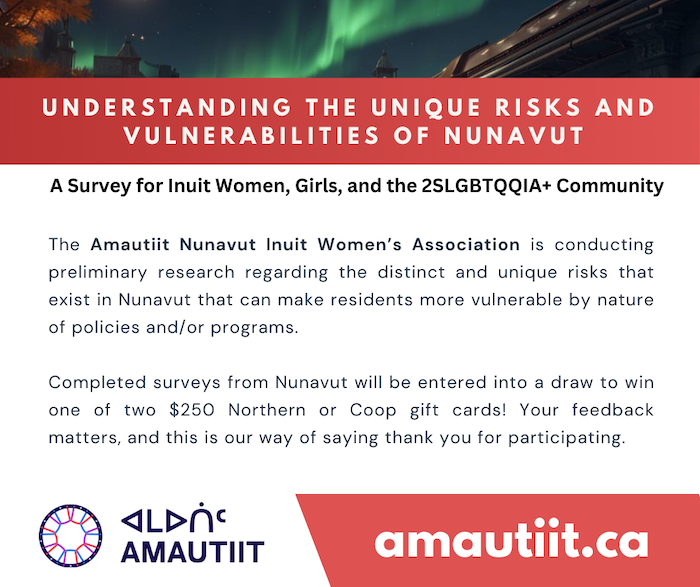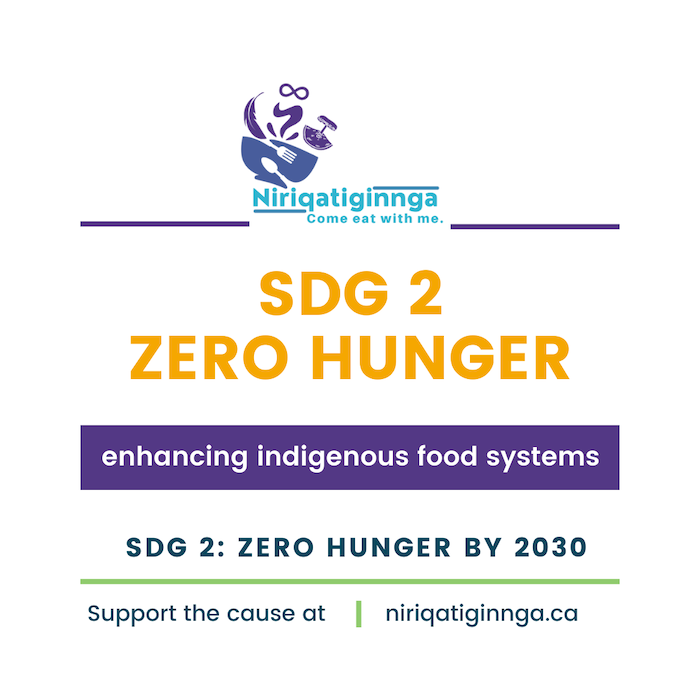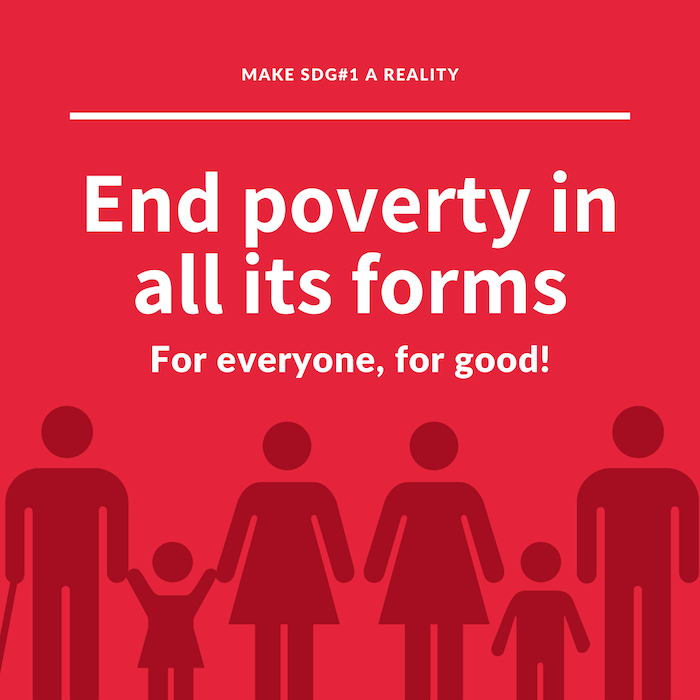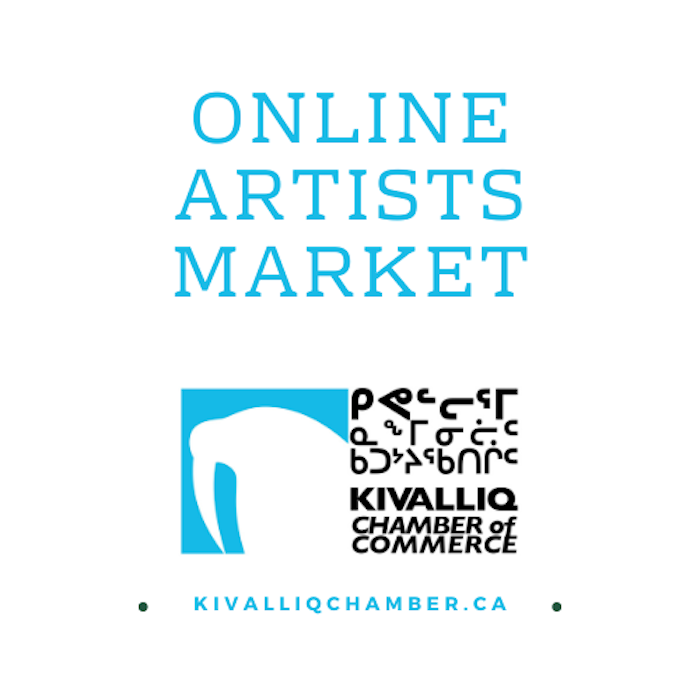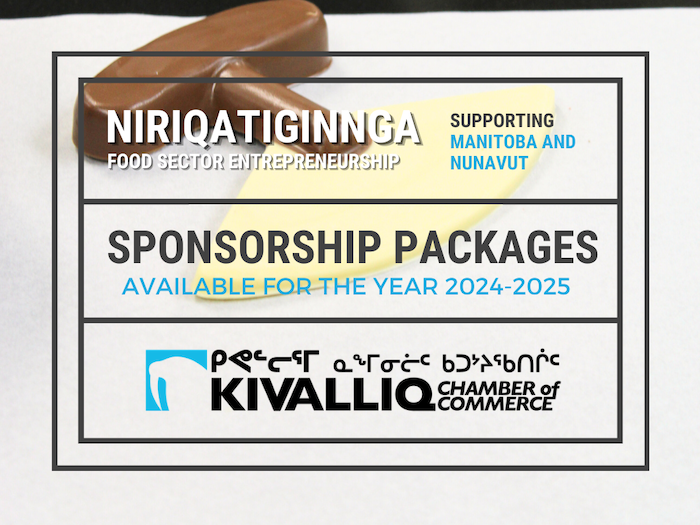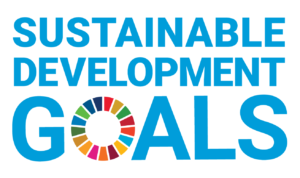As our first anniversary rapidly approaches, we have produced a year-end report for our activities. It’s been quite an adventure, and we’re very happy to be getting closer to “Year Two.”
Take a few moments to look back at the amazing digital, arts and community experiences we’ve been able to have this year thanks to the support of the Canada Council for the Arts Digital Greenhouse Program.
Download the 2021-2022 Highlights Report here (12.7MB, PDF).
Overview
The original idea for our experimental Incubator for Digital Arts and Cultural Entrepreneurship project was to design, develop and test an urban and land-based arts and culture training program for next-generation Indigenous talent, with the goal to incubate opportunities for sustainable self-employment.
Its primary purpose was to build upon proven cultural entrepreneurship training to foster new arts industry employment through a careful balance of traditional knowledge, science and modern technologies. Indigenous artists from Northwestern Ontario, Nunavut and Manitoba were able to connect with, and learn alongside an inclusive, diverse team of researchers, arts educators and professional artists.
Our initial goals were to:
- Explore and better understand the role and impacts of culture and creativity in driving community-based research and economic development.
- Provide hands-on digital arts and cultural entrepreneurship training and advanced mentorship for emerging urban, rural and remote Indigenous artists
- Develop and launch art and culture-based businesses utilizing digital technologies (animation, augmented reality, virtual reality, lights and visual projection, film, and immersive digital art).
Since November 2021 our project has been able to provide synchronous and asynchronous training, educating youth and community members about the use of digital technologies to create and valorize their artistic work.
This report, prepared for Canada Council for the Arts grant # 7015-21-0023 outlines the accomplishments, challenges and opportunities our initiative encountered as well as outlining our next steps as we exit the experimental phase of our first year.
We are immensely grateful to the Canada Council for the Arts for supporting our youth, community members and emerging artists over the course of this past year.
Building new pathways
This project contributed to building stronger Canada-US relations through the arts.
In the coming months, our project will be consolidating its efforts and updating what we have been able to achieve this year to deliver a second iteration in the form of a Winter program. Like these past six months, we will continue to build up our capacity. Several of our students graduated this year, and are now attending college and university and the hybrid in-person and virtual approaches we’ve been using will continue to work well for us.
We are very excited to have our teams interested in taking all of this work further, and using these experiences to continue new ways to support arts entrepreneurship through digital tools and technologies.
A key goal moving forward for our incubator project is to deepen the relationships between Minneapolis and Winnipeg. Both cities have a lot of similarities and shared histories. We hope to see more opportunities for our artists to learn by doing more activities with the Minneapolis College of Art and Design and the Winnipeg Art Gallery.
This project created short-term employment for both professional and emerging Indigenous artists at a time where many in the arts sector have not been able to advance their craft.

Many events were cancelled at the beginning of our project and we had to be constantly adapting. From this experience we were able to design and test new approaches, new topics that we’ve not studied before and to see if our model for an incubator could actually work.
We thank the Canada Council for the Arts and its new Digital Greenhouse program for supporting this year’s Digital Arts and Culture Incubator program.
Summer Results Sharing Workshops
In June 2021, our incubator pilot program held its final results sharing workshops at the Winnipeg Art Gallery and University of Winnipeg.
More than 21 participants from here in Winnipeg, and across Canada took part in these in-person workshops and we are especially proud to have been able to host our fellow emerging artists and digital innovators locally, and to showcase Winnipeg as a destination.
Our keynote session was held on National Indigenous Peoples Day and called Using the arts in support of inclusive and participatory learning environments. For the first time we were able to host a hybrid workshop sessions that included in-person participation youth and artists from as far away as Tuktoyaktuk, NWT; Northwestern Ontario and Rankin Inlet, Nunavut.
Regional Youth and Community Entrepreneurship Programs outside Winnipeg
Youth and knowledge holder interviews during workshops indicated that there isn’t a strong sense of youth entrepreneurship within the local area, and it is more likely that entrepreneurship is pursued either in the later stages of youth upon completing any post-secondary education, or as part of adulthood (NWMO Youth Workshop 2022, NWO Community and Baseline Studies Knowledge Holder Interviews, 2022).
The Community Studies also pointed out there are no organizations specifically providing supports to entrepreneurs. Their reports noted that In general, there are limited organizations locally, and there are more supports available at the regional level for young entrepreneurs, many of which can be accessed online.
Challenges and Opportunities
- Participants from Northwestern Ontario noted there is currently limited active youth entrepreneurship in their region.
- As the population ages, there will be greater opportunity for individuals to develop entrepreneurship opportunities to meet the changing goods and service needs of the communities.
- Some youth may want to pursue opportunities other than those associated with the existing economy or such as those offered in construction, trades and mining. To attract a growing population, more needs to be done to offer and incubate opportunities to pursue local entrepreneurship.
- There are many opportunities to develop partnerships with non-profit and educational institutions, as well as regional entrepreneurial organizations to support youth and community development and economic sustainability in participating communities through the encouragement of entrepreneurship.
- Accessing financing to develop businesses in rural and dispersed community areas can be challenging, especially challenging for youth.
Thanking our supporters
Through these experiences we were able to incubate real, hands-on learning and career exploration. That’s perhaps the most important component of our entire project.
We’re especially grateful to our collaborators who were able to join us for our final round of workshops and sessions: Eriel Lugt, Chase Nogasak, Ethan Tassiuk, Tony Eetak, Ethan Caners, Maeva Gauthier, Jaro Malinowski, Constance Menzies, Tara Baswani, Remi Lemieux, Dr. Olaf Kuhlke, Luke Suluk, Kendyce Cockney, Tootoo Fotheringham for being part of these valuable conversations and learning experiences.
We’re very thankful to our supporters from ArcticNet, the Carving Out Climate Testimony researchers, Lembas Works, the Arctic Buying Company, Chocolatier Constance Popp, M&C Consulting, the Minneapolis College of Art and Design, Qaumajuq and the Winnipeg Art Gallery.
We are especially grateful for the support of Dr. Olaf Kuhlke, PhD from the Minneapolis College of Art and Design for facilitating so many of the conversations, activities and opportunities we’ve been able to explore this past year. As we exit the experimental stage of our incubator program and move to a new level, we look forward to being able to build on and nurture these valuable cross-border Canada-US collaborations into the future.
Download the 2021-2022 Highlights Report here (12.7MB, PDF).





